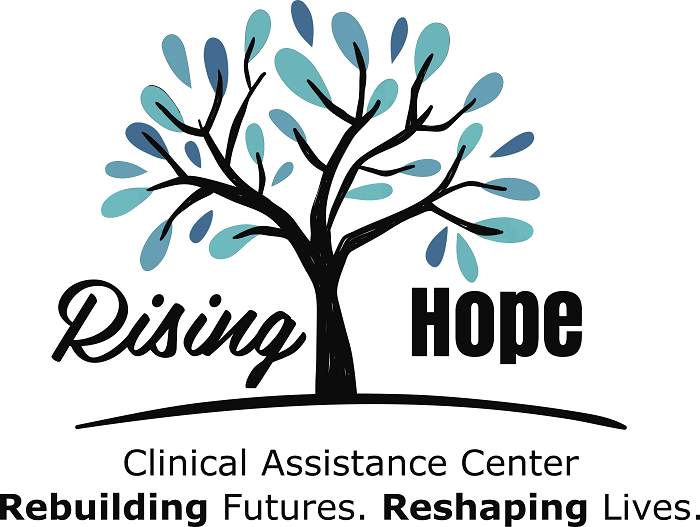

How to Recognize and Address Self-Harming
As March is Self-Harm Awareness Month, Rising Hope wants to share with you how to recognize and address self-harming.
The most common form of self-harm, known professionally as non-suicidal self-injury (NSSI), is a person cutting their wrists or arms, often referred to as "cutting." NSSI can also take forms of someone intentionally burning themselves, pulling out their own hair, and picking at any existing wounds. In an instance of non-life-threatening self-harm, contact the Self-Harm Text Hotline by texting CONNECT to 741741. In a life-threatening situation, please call the National Suicide Hotline at 1-800-273-8255.
The Numbers
Due to the private, often secretive nature of self-harm, statistics are limited in their accuracy. According to a study by the University of Wisconsin, which collected data from dozens of other studies from dozens of countries, an estimated 17% of youth worldwide self-harm at least once. That number decreases to 5% for adults. Though self-harm is perceived to be done primarily by females, one-third to one-half of those who self-harm are likely males.
Why do people self-harm?
The act of harming yourself can cause the brain to release endorphins and pain-killing hormones, creating a moment of pleasure, or relief from a depressed mood.
Self-harm is a behavior rather than its own mental illness. However, several mental illnesses can and often do contribute to people's self-harming behaviors. Self-harm can prompt shame, such as from attempting or being unable to hide scars and lying about their origins. It can lead to more self-harm: it has the potential to become a vicious cycle of addiction and lead to other hazardous addictions. Being a victim of trauma or abuse can increase a person's likelihood to self-harm.
Recognizing self-harm in others
The most common way of identifying self-harm is by seeing physical wounds. Seeing numerous cuts on a person's wrists or arms, or bandages or Band-Aids around their body are red flags. Some people who self-harm will hide their wounds with clothing. If someone is wearing long-sleeves and pants when they would not normally do so, such as in hot weather, it could be a sign of hiding scars.
Self-harm is not only evident in people's physical appearance. It is also associated with behavior changes, such as self-isolation, impulsive behaviors, and unusual expressions of anger.
What to do next
If you believe a friend or family member is self-harming, you should take action. Ask them how they are feeling and tell them you want to help, but don't tell them you "know how they feel." Express empathy and gentleness. Never belittle their feelings or actions, and don't try to "fix" them. Encourage them to speak with a doctor or therapist, and help them find one if they are willing to. Though they need to get better, beware that trying to force a person to change or seek treatment if they are unwilling could make things worse, damaging your relationship and increasing their harmful behaviors.
Treatment
Therapy can be highly beneficial to those who self-harm, helping change their perspective and significantly reducing and even eliminating the desire to self-harm.
Many people who self-harm also suffer from mental illnesses, most commonly Major Depressive Disorder and Anxiety Disorders such as Post-Traumatic Stress Disorder (PTSD). If diagnosed with a mental illness, medication can assist in minimizing and ridding a person's desire to self-harm, especially if they are a habit or compulsion that a person feels limited or no control over.
Rising Hope Clinical Assistance offers therapy services in Winston-Salem, NC that assist people with self-harm and can walk with you or your loved one on a path to healing. Contact us to make an appointment.
For more information about self-harming and what to do in the case of it, visit NAMI's website.


No Comments
Sorry, the comment form is closed at this time.